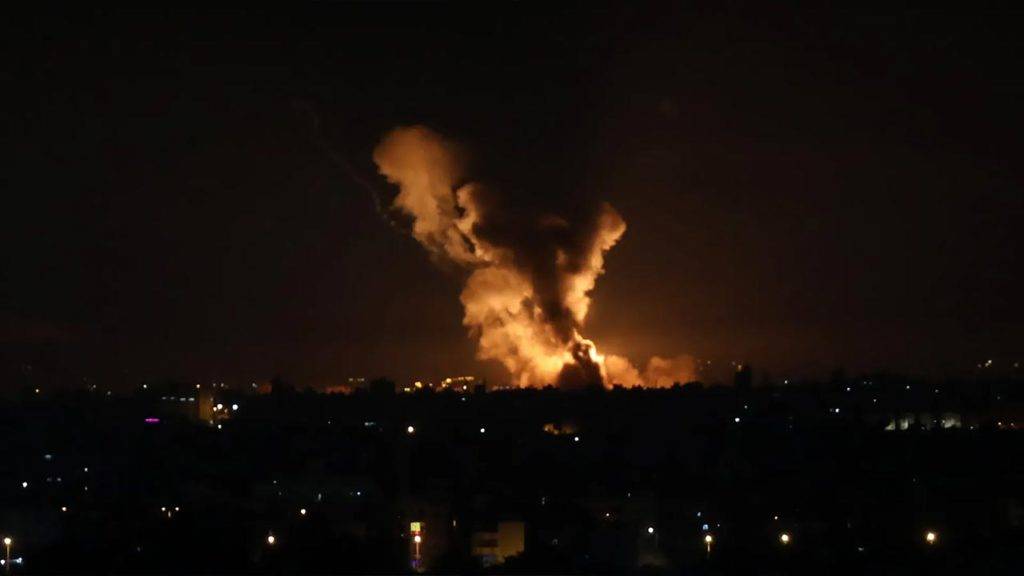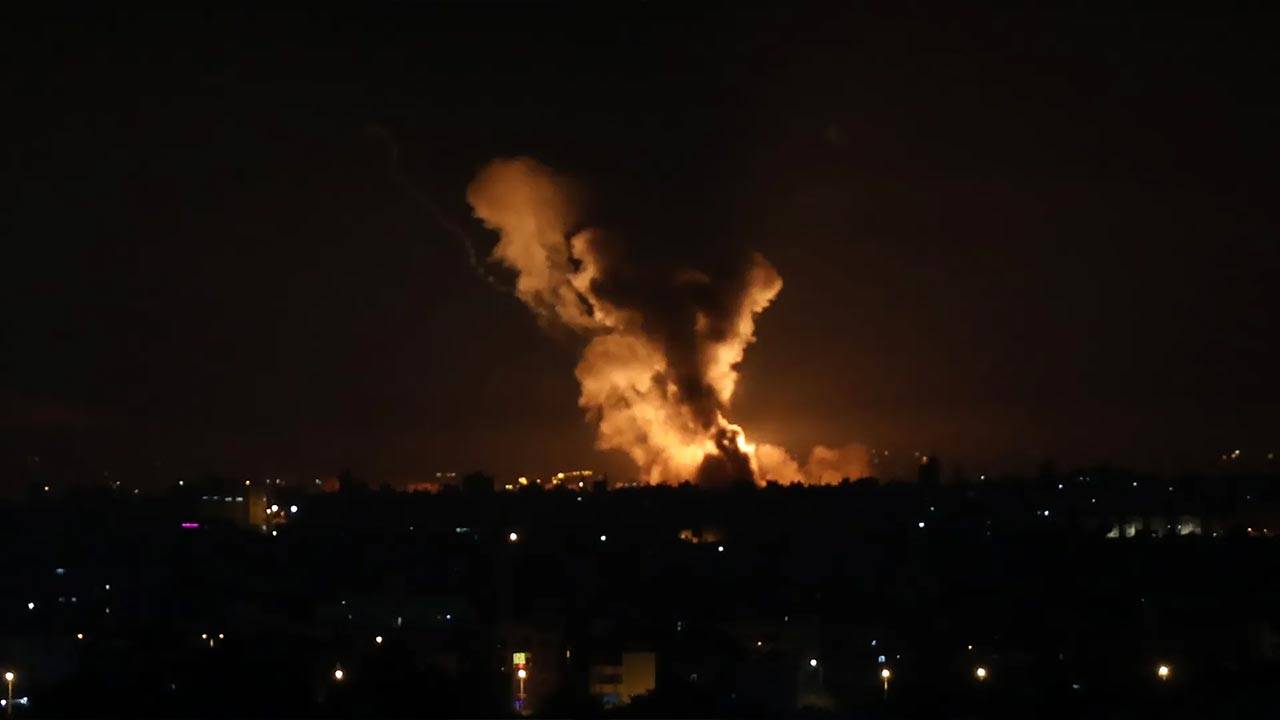Did Syria Attack Israel : The conflict between Israel and Syria has been ongoing for decades, with both sides engaging in military action and accusing each other of aggression. The recent rocket attack by Syria on Israel has raised tensions in the region, highlighting the complex web of geopolitical interests and alliances that underlie the conflict.
In this article, we will explore the reasons behind the attack, its impact on the region, and the international response. We will also provide some frequently asked questions and a bio table of the author, ChatGPT.

id Syria Attack Israel?
Yes, on April 9, 2023, Syria fired a barrage of rockets toward Israel’s northern border, triggering alarms in the area. The rockets landed in an open area, and there were no reports of casualties or damage. The attack was immediately condemned by Israel, which responded with artillery fire, targeting Syrian military positions. The Syrian government denied responsibility for the attack, but Israel blamed Syria for the aggression.
Why Did Syria Attack Israel?
The motive behind the attack is not clear, but it comes amid rising tensions between Israel and Iran, which supports Syria. Israel has been carrying out airstrikes on Syria, targeting Iranian military positions in the country.
In recent months, Iran has also increased its support for Palestinian militant groups in Gaza, which has led to an increase in rocket attacks against Israel. The attack from Syria could be a retaliation by Iran and its proxies against Israel’s military actions in the region.
What was Israel’s Response to the Attack?
Israel responded to the attack by launching artillery strikes on Syrian military positions. The Israeli military also beefed up security in Jerusalem, ahead of religious ceremonies. The Israeli Defense Minister, Benny Gantz, said that Israel holds Syria responsible for the attack and will not tolerate any aggression against its territory. The Israeli military said that it would continue to monitor the situation and respond with force to any further attacks.
What is the Impact of the Attack on the Region?
The attack has raised tensions in the region, which is already volatile due to the ongoing conflict between Israel and Palestine. It has also highlighted the growing influence of Iran in the region, which poses a threat to Israel’s security.
The attack could escalate the conflict between Israel and Iran, which could have serious consequences for the entire region. It could also undermine the efforts to revive the peace process between Israel and Palestine.
What is the International Response to the Attack?
The international community has expressed concern over the attack and called for restraint from both sides. The United Nations Secretary-General, Antonio Guterres, has urged all parties to exercise maximum restraint and avoid any escalation.
The European Union has also called for de-escalation and the resumption of the peace process between Israel and Palestine. The United States has expressed its support for Israel’s right to defend itself but has also called for restraint and de-escalation.
Frequently Asked Questions (FAQ’s) :
Q1. What caused the recent conflict between Israel and Syria?
A: The recent conflict was triggered by rockets fired from Syria towards Israel. Israel responded with artillery attacks on Syria.
Q2. Did Syria attack Israel first?
A: Yes, Syria fired rockets towards Israel, which led to Israel’s retaliation with artillery attacks.
Q3. What is the root cause of the conflict between Israel and Syria?
A: The conflict between Israel and Syria has its roots in a long-standing territorial dispute over the Golan Heights, a strategic plateau in southwestern Syria.
Q4. How has the international community responded to the recent escalation of conflict?
A: The international community has expressed concern about the escalation of violence and called for restraint from both sides.
Q5. What is the likely outcome of the current conflict between Israel and Syria?
A: It is difficult to predict the outcome of the conflict at this stage, but it is likely to lead to further instability in the region and may have wider implications for regional security.






